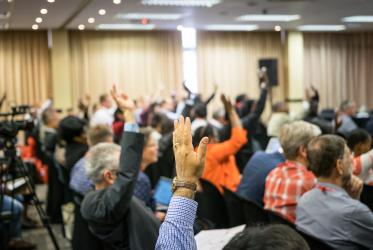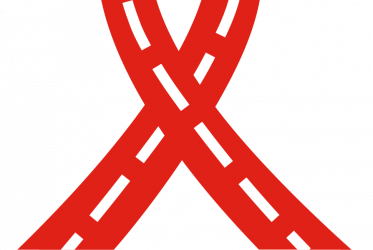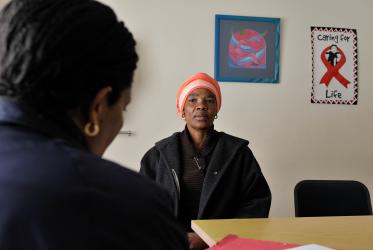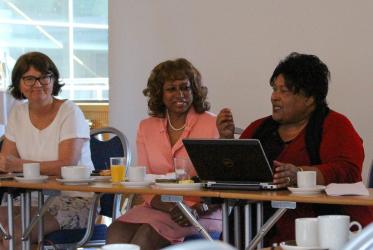Displaying 141 - 160 of 200
18 July 2016
Children are being let down over HIV care
17 July 2016
AIDS 2016: “Stigma kills more people than HIV”
17 July 2016
New Executive Committee members elected in Trondheim
28 June 2016
New member churches welcomed in WCC
27 June 2016
Local work by faith-based groups key to ending AIDS
27 June 2016
Tveit in South Africa: “ We know. We dare. We can.”
12 June 2016













